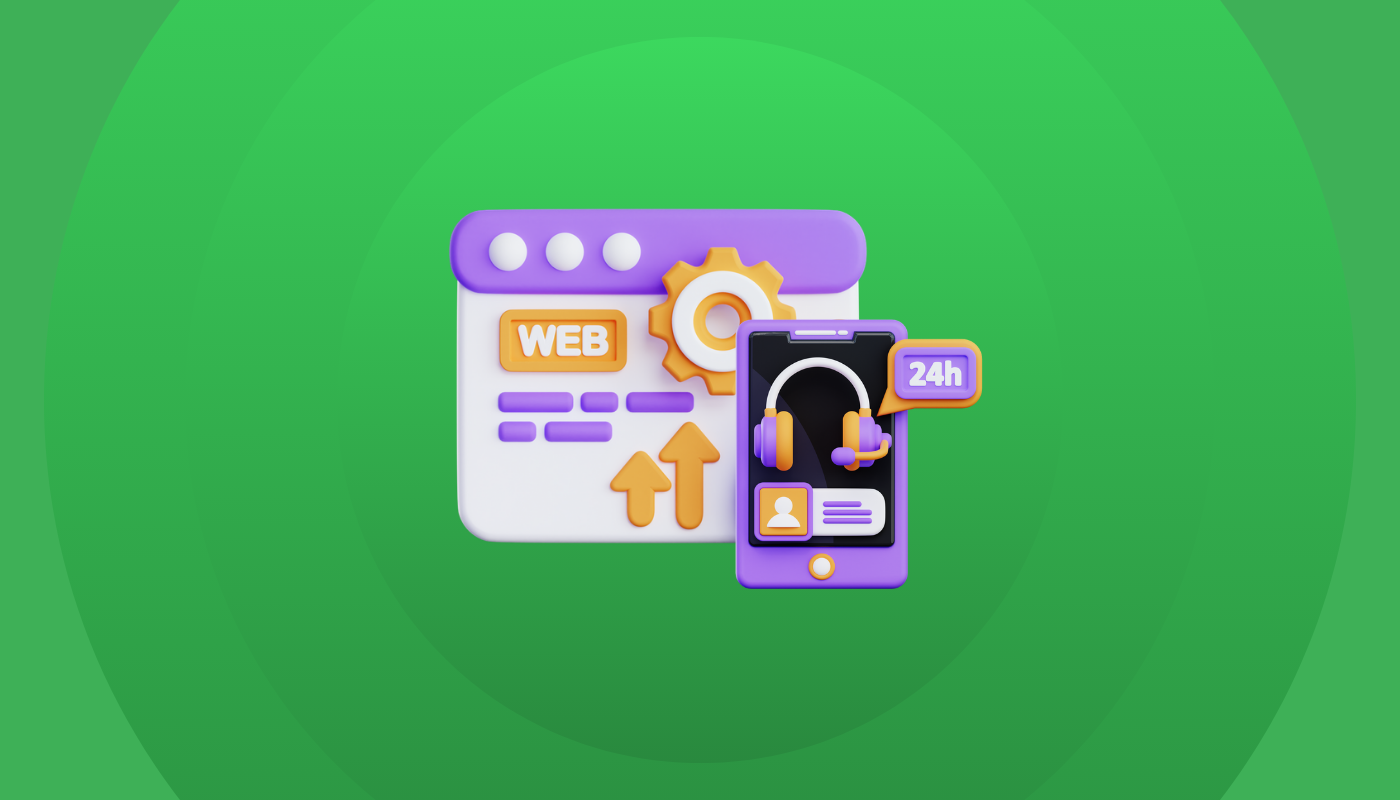A smart, cloud-powered contact center connects customers to the right people at the right time through voice, chat, SMS, or email.

Omnichannel support
Manage voice, live chat, email, and SMS interactions from one unified platform; there is no need to juggle separate tools.

Smart routing & queues
Route calls and messages based on skills, availability, or department to ensure faster resolutions and happier customers.

Real-time monitoring & analytics
With detailed reporting, you can track call queues, agent performance, customer satisfaction, and more in real time.
Our customers also love these related features...

CRM & business tool integrations
Connect with tools like Salesforce, Microsoft 365, and Google Workspace to keep conversations and customer data aligned.

Call recording & quality management
Record, review, and score agent interactions for better coaching and compliance.

Intelligent IVR menus
Customize interactive voice menus to route callers efficiently and automate routine tasks without needing an agent.

Remote agent support
Let your team work from anywhere with secure, browser-based access and mobile flexibility.

Branded dashboard
Tailor the look and feel of your contact center dashboard to match your brand.

Real-time alerts & notification
Get instant alerts on call queues, service disruptions, or agent performance.
Frequently asked questions
What is a contact center?
A contact center (or virtual contact center) is a team of agents, whether full-time, part-time, in-house, or remote, that handles a high volume of communication with customers, prospects, or clients. It can be voice-only or omnichannel, supporting phone, chat, email, and more. These teams rely on virtual contact center software to manage and route conversations efficiently, often for customer service, sales, or helpdesk support.
How is a virtual contact center different from a traditional one?
Unlike traditional contact centers that require physical office space, servers, and on-site staff, virtual contact centers are fully cloud-based. Your agents can work from anywhere, and your business can eliminate the costs of office infrastructure while maintaining the same (or better) level of service.
Aren’t virtual contact centers just for big companies?
Not at all. If your small business has more than a few agents or is spending too much time handling calls manually, a virtual contact center can save time, reduce missed opportunities, and deliver a more professional experience. Even basic features like IVR and smart routing can make a big difference for small teams.
How do I choose the best virtual contact center?
Start by identifying your budget, your must-have features (like analytics, dashboards, security, and ease of use), and how accessible the platform is for remote or hybrid teams. While integrations and AI tools are great, prioritize tools that support daily operations.
Tip: Make a list of essentials vs. nice-to-haves so you can stay focused on what matters most to your business.
How can a virtual contact center improve customer experience?
It starts with improving your team's experience. Features like CRM integrations, real-time coaching, and smarter call routing free up agents to focus on meaningful customer conversations. The result? Shorter wait times, faster resolutions, and more satisfied customers, all powered by a more efficient backend.
How do I set up a virtual contact center?
Start by choosing the right cloud phone solution for your needs, one that doesn't require on-site hardware or complex infrastructure. Then, decide whether you'll use internal agents or outsource. From there, train your team on your software, customer service skills, and security protocols.
With a solution like UnitedCloud, setup is quick and fully remote, so you can launch your virtual contact center with minimal effort and scale as needed.
.png)
-1.png?width=111&height=60&name=UC-logo-wht-web%20(3)-1.png)